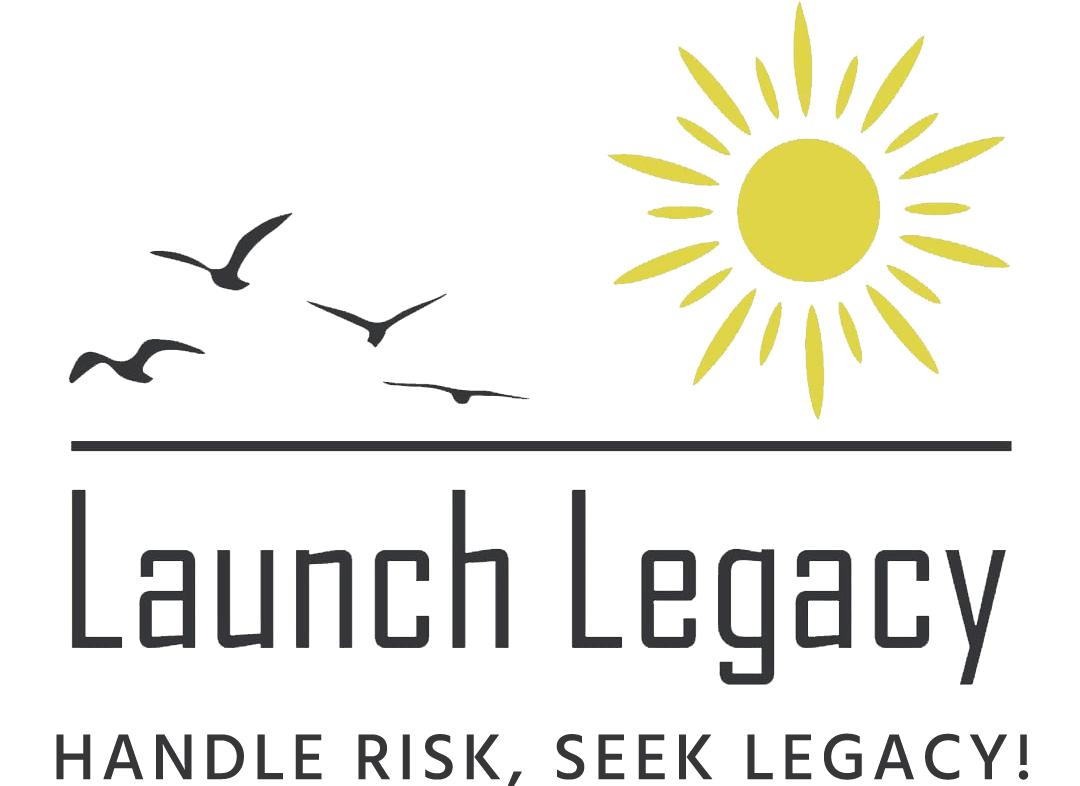
There are 4 broad categories that our Entrepreneur: Small Business, and Corporate Shareholder clients leverage. Determining which of the four methods is best suited to your Business’s situation will be discussed in our meeting as we will conduct a thorough business analysis. Once that is completed, we can start putting together the solution(s) for the protection of your company and shareholders.
- To avoid confusion and potential conflict later, the buy-out process methodology must be properly documented in the shareholders’ agreement. The methodology shall utilize the best type of policy that will minimize cost, while maximizing corporate income growth and tax efficiency.
- Keep in mind that It is not limited to just life insurance, but the agreements may also include events such as a critical illness, and a long-term disability. The type of policy will depend on the objectives and the features offered within the policy through the pre-determination of the needs of the partners/shareholders. Not just any policy will do. Based on your needs, the selection of right insurance company, the right product with the proper added features is essential to funding a buy-sell agreement. What companies want is:
a) Affordability. Getting the greatest value from the protection therein.
b) Flexibility. Business isn’t always smooth sailing. Companies want flexible premium arrangements including the ability to have a paid up policy whenever it desires. Policies with added features such as critical illness may be also important for those uncertainties in life.
c) Valuation Flexibility. As the company grows, You may want a policy that grows with it without having to take out additional policies. The company should have the option to invest within the policy as well, to build cash values within the policy. Not only is this tax effective, it can also significantly increase the valuation of the company, thus making the company attractive to lenders or possibly buyers down the road whenever as an exit strategy.
Promissory Note Agreement
When it comes to funding partnership/shareholders’ agreements this is probably the method least used because of the inherent disadvantages. It can be used whenever the investment or stake in the business is minimal but at least its better than just a handshake. Like the name says, it is a ‘promise to pay’ in the event of a particular event such as death, disability, critical illness or the person decides to leave the business. If such event should occur, it provides the remaining partners/shareholders to ‘buy-out’ the shares of the other person. i.e. Should a partner die the remaining partners/shareholders will promise to pay the family or the estate of the deceased within a certain time frame. Some of the concerns should be addressed when choosing this type of Agreement.
a) Can the family or estate of the deceased wait until the remaining partner/shareholders honor the pledge to pay? It could be a sudden event and the family of the deceased is immediately without income.
b) What if the business is dissolved or the remaining shareholders leave and not honour the agreement.
c) What if the deceased was the main reason why the company was profitable and now that the person has passed, it is quite probable that the business profitability may drastically decrease.
d) A power struggle occurs amongst the remaining partner/shareholders leading to the demise of the business.
Hybrid
The fourth type of Buy-Sell Agreement is actually a combination of the Promissory Note and the Corporate Redemption. The longer name is “Hybrid Purchase Note Corporate Redemption” It involves both corporate-owned life insurance and a direct sale of the deceased shareholder.
